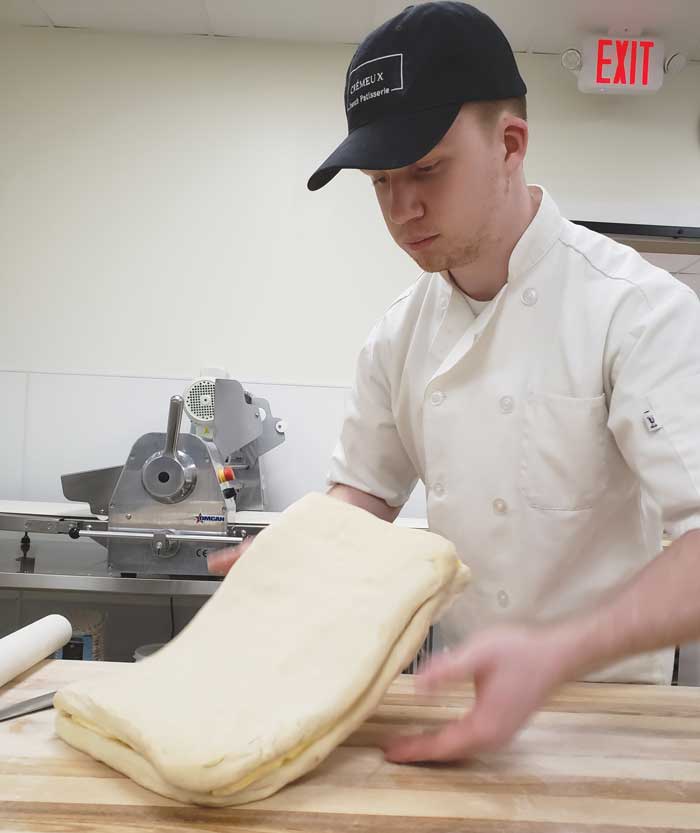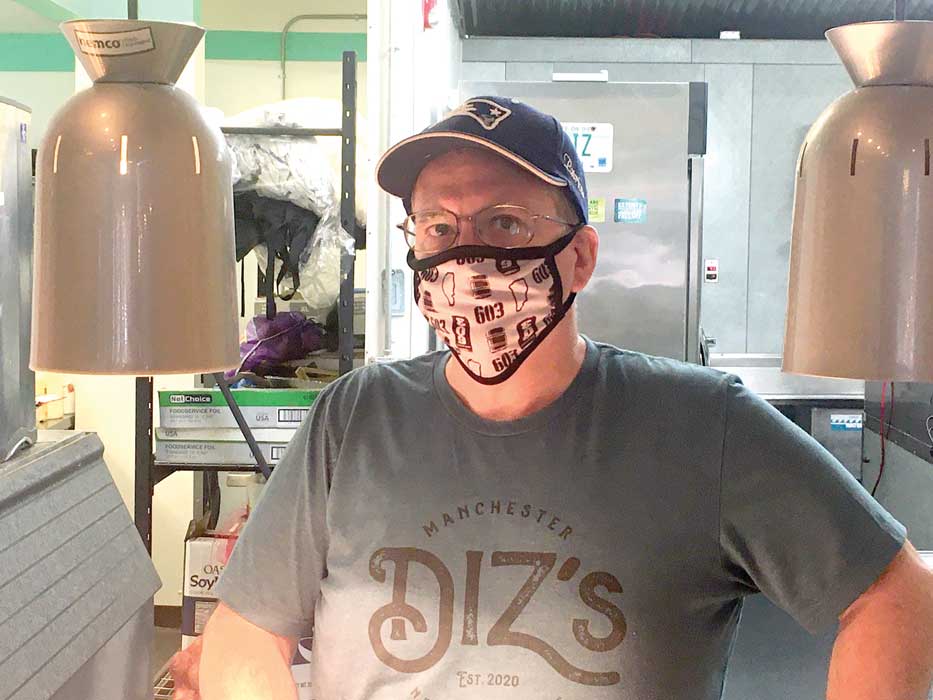High school filmmaker confronting stigma
U.S. Sen. Maggie Hassan named Brielle Paquette, a high school senior from Salem, October’s “Granite Stater of the Month,” a title that recognizes New Hampshire citizens who are working to make a difference in their communities. Paquette has been using her platform as Miss Londonderry and her filmmaking talents to confront the stigma surrounding mental illness. In 2019, at a competition held by New Hampshire Futures, an organization focused on promoting health and wellness in the state, she received the People’s Choice Award for a PSA video she made about mental illness. Paquette talked about the video and why she is passionate about the issue of mental health.
How long have you been making videos?
I grew up around a very artistic family. A lot of them are photographers and videographers themselves, so I grew up always having a camera in my face. Eventually, when I got older, I was like, ‘This looks fun,’ and me and my cousins started making little plays. Ever since then I’ve been like, ‘This is what I want to do.’ It wasn’t until I got older that I started using it for more serious topics. Instead of making music videos, I started making videos about mental health and stuff that I feel really passionate about. I’ve actually created three mental health videos.
What sparked your interest in mental health and mental illness?
I grew up with both of my parents who struggled with mental illness. My dad used to be an alcoholic, and my mom had extreme anxiety. Growing up around that was very difficult and very hard on my mental health, especially being such a young child. Me and my brother both developed really bad anxiety and went through times where we were very depressed, but luckily we were able to get the help we needed and go to therapy and everything and get through it.
Tell me about the PSA you made.
I made a sign that said “20 – 50 percent of adolescents struggle with mental illness. Hug to show support for people who are struggling.” I went to Boston with my mom, and I went to a subway station. I blindfolded myself and stood there and let random people hug me. All these normal people are going about their day — we don’t know what their names are or what they’ve been through — and they go up to me and hug me to show support and show that maybe they’re going through mental illness. … I guess the whole purpose of that video was to spark conversation. I wanted to get the message across that there are so many people out there who are going through this, and it shouldn’t be looked down upon. It should be something that we should be able to talk about, and I wanted to make people feel safe to talk about what they’re going through.
What kind of response did you get?
I got so much feedback — way more than I was expecting, which was the most amazing thing. Within five minutes of uploading the video, one of my friends who I went to school with called me hysterically crying, and her first words were ‘thank you.’ She just thanked me and said it was so hard for her to be able to watch that, but it made her feel so safe and comfortable, and it made her feel like she wasn’t alone. There were so many other people who reached out to me saying that it really touched them or really moved them, and that they’re showing [the video to] their parents and their friends, and that a lot of people could relate to it. … There were even people from across the country reaching out to me.
Why is breaking down the stigma around mental illness important?
I remember when I was a little girl, I would sit in my room, feeling all alone, feeling like, ‘I shouldn’t be feeling like this because this is bad, and I can’t let anyone know how I’m feeling because people will make fun of me or judge me or just won’t understand.’ That was just such a terrible feeling, and if I had known that [mental illness] wasn’t bad and that I wasn’t alone, then maybe I would have been able to reach out and get help sooner. I’m very lucky for the family and the support that I have, but I know that not everyone is that fortunate. I want to be able to advocate for those people who are afraid to speak up and let them know that it’s OK, that they can talk about it and that they aren’t alone.
Do you know what you want to do after graduation and beyond?
I’ll definitely be going to college … and I’ll definitely be majoring in film production and directing. I would love to go to school in Boston or New York and be able to start working with production companies there. My end goal is to be a director for movies. I would also love to produce and direct commercials … and music videos.
Featured photo: Brielle Paquette. Courtesy photo.






